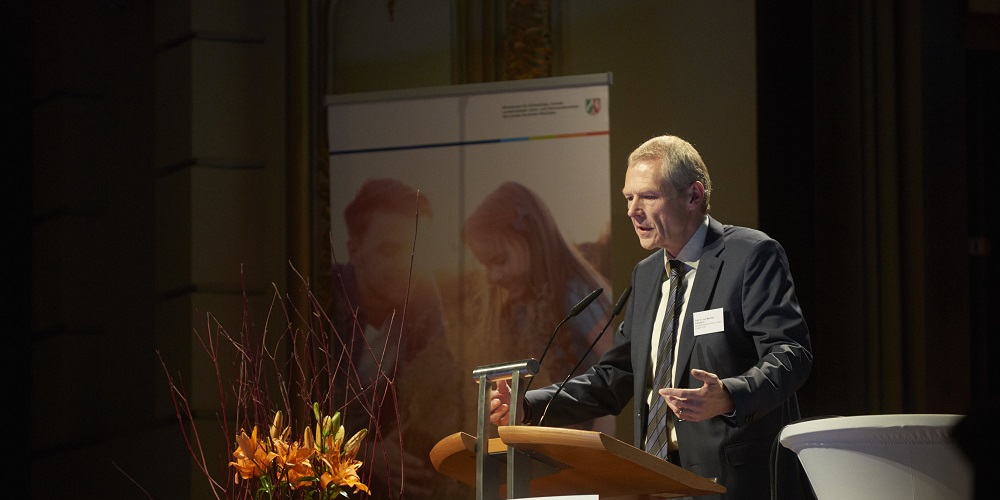
Work is currently underway worldwide to stop COVID-19 from spreading and to develop a suitable vaccine. This is absolutely right and important, and is as much a top priority as maintaining the functioning of the public health system and providing care for people who have fallen ill with the virus.
At the same time, the huge short-term economic consequences of the corona-virus crisis must be tackled with suitable instruments so that businesses in the country remain able to operate and can contribute to the country’s economic recovery after the crisis. This requires straightforward, pragmatic and unbureaucratic efforts so as to achieve a sufficiently rapid response and breadth of impact.
Mechanisms for the long-term crisis management are also needed. Countries typically launch extensive economic stimulus packages to revive their economy. The experience gained during the 2008/2009 economic crisis shows that it is advisable to think about how the funds made available should be used, and how the greatest possible steering effect can be achieved at the earliest possible stage. In view of the considerable transformation-related challenges that lie ahead, this means, in particular, mobilising investments to shape a sustainable, climate-friendly, resource-efficient and, not least, resilient economy.
This requires a “green recovery” programme which is based on the principles and objectives of the European Green Deal, and especially, greenhouse gas neutrality by 2050 at the latest. In the current crisis situation, to let up now and follow the voices that speak in favour of relaxing the climate protection requirements would be exactly the wrong strategy, as an unchecked continuation of climate change has the potential to lead to a much more far-reaching and lasting crisis of devastating global proportions.
Essential building blocks for resilient economic structures that need to be taken into account when designing economic stimulus packages are investments:
The measures referred to as examples firstly contribute to climate protection and to increasing resource efficiency, but secondly, to a reduction of the partially one-sided dependence on imports and therefore global value chains, which appear to be necessary after the experiences of the crisis. From an economic perspective, the increased resilience associated with this is likely to be assessed in a completely different way in the future, even if clear measurement parameters are still lacking. However, it is also clear that the measures mentioned are not only associated with huge investments, but also with structural changes in our economic cycles and the abandonment of structures that have developed over decades. But when, if not now – in times that are anyway exceptional for the worlds of business and politics – is a good opportunity to over-come dependencies and use stimulating investments to accelerate the transformation processes that are necessary anyway and to accelerate investments.
For further reflection on this subject, refer to the discussion paper which is available at https://wupperinst.org/a/wi/a/s/ad/5020/
Manfred Fischedick is Scientific Managing Director of the Wuppertal Institute and Professor at the Schumpeter School of Business and Economics at the University of Wuppertal. He consults the European Union, the German Federal Government and various German states as well as companies from different industries on energy and climate policy issues.
The Corona Sustainability Compass is a new initiative lead by UBS (Umweltbundesamt) in partnership with the ISC, Future Earth and Stiftung 2° (Foundation 2°). Click here for more information.